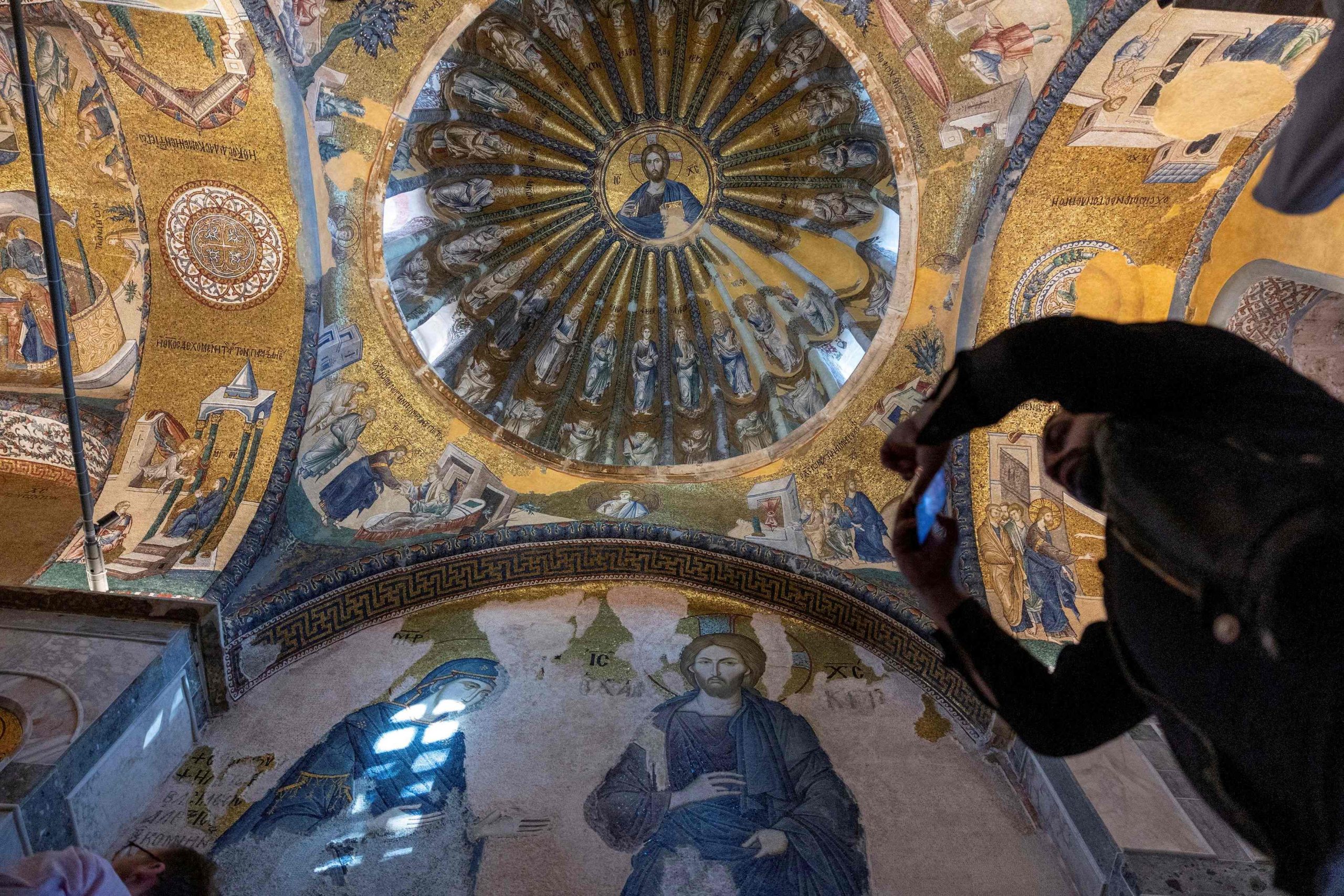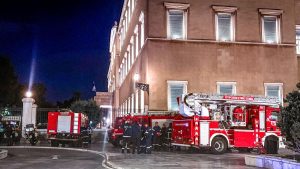The Hellenic-American Leadership Council (HALC) has formally requested a review of Turkey’s standing in the annual report on religious freedoms, as published by the U.S. Commission for International Religious Freedom (USCIRF). This request was made through a letter addressed to the commission.
Endy Zemenidis, HALC’s executive director, emphasized that Turkey’s recent actions have sparked serious concerns regarding religious freedom, particularly in its treatment of Christian communities and heritage sites. He underscored recent developments, notably the conversion of the Chora Church, a historically significant Christian landmark, into a mosque last week.
Zemenidis stated, “This conversion, just a few years after the conversion of the UNESCO World Heritage Site Hagia Sophia, represents the Turkish government’s troubling trend of disregarding both religious freedom as well as cultural heritage.”
The Commission on International Religious Freedom serves as an independent federal government body, advising both the State Department and Congress on matters concerning the protection of religious freedom globally.
Of particular concern is the recent report published by the committee at the start of May, which advocates for Turkey’s inclusion in the “Special Watch List” for nations known to violate religious freedoms. In response, the Greek-American organization proposes a reconsideration of Turkey’s classification, urging the commission to elevate it to the list of “Countries of Particular Concern” (CPC).
Back in 2012, the Commission on International Religious Freedom had designated Turkey as a “Country of Particular Concern” (CPC), citing systematic and severe restrictions on religious freedom. HALC’s letter underscores that the current situation surpasses the circumstances that led to Turkey’s previous CPC designation in 2012.
“Today, the Ecumenical Patriarchate and the Ecumenical Patriarch are still denied their rights by the Turkish government. Halki Seminary remains closed, despite international calls for its reopening. Churches have been converted into mosques,” Zemenidis stated, adding: “The deterioration of religious freedom in Turkey since 2012 merits more pressure on Turkey to bring its laws, policies, and practices in line with international law, not less.”
Until 2015, there was a special section in the USCIRF report about Turkey that included details about religious freedom violations in the occupied northern part of the Republic of Cyprus. In this light, HALC called on the Commission on International Religious Freedom to reinstate reporting on the status of the protection of Christian heritage monuments in Turkish-occupied Cyprus.
“We urge the Commission to reevaluate Turkey’s classification and to designate it as a Country of Particular Concern in recognition of the ongoing threats to religious freedom both within its borders as well as the occupied part of Cyprus,” HALC’s letter stated.



